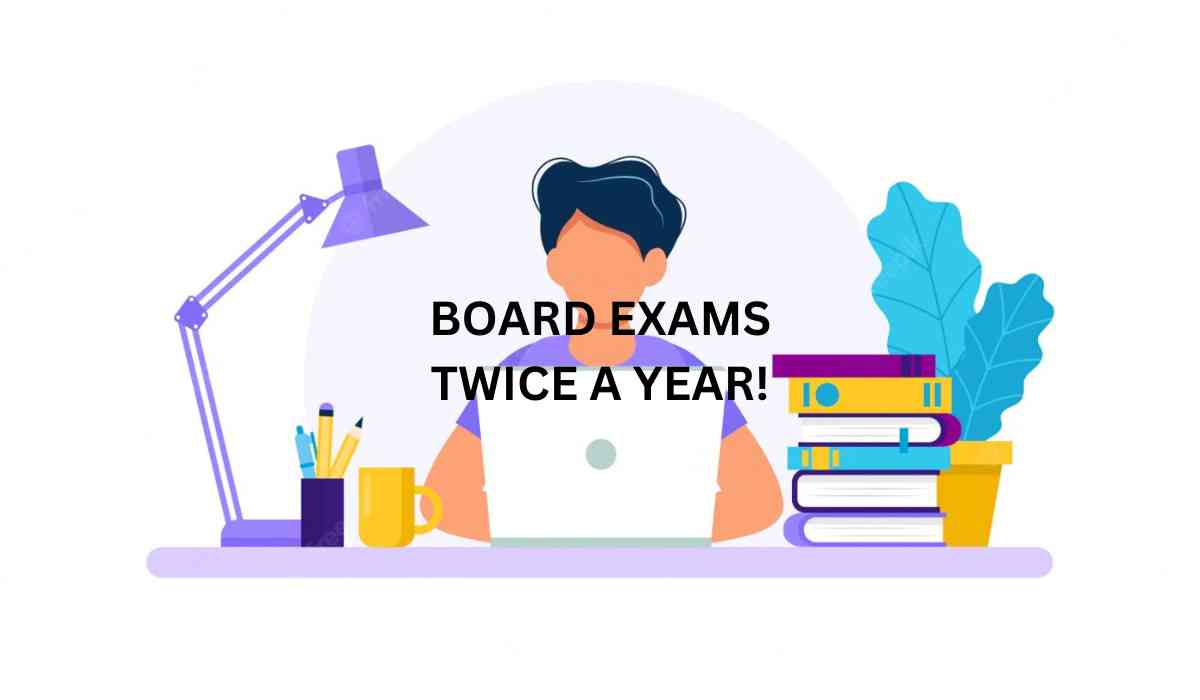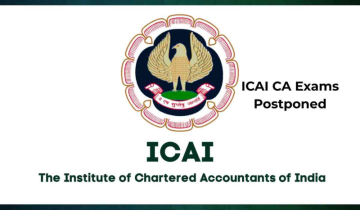Under the innovative curriculum reform, a significant shift is set to occur in the traditional annual board examinations. The Ministry of Education's novel curriculum framework proposes conducting board exams twice a year. This change aims to alleviate the intense pressure often linked with solitary annual exams, thereby fostering a more balanced learning environment.
Dharmendra Pradhan, the Union Education Minister, revealed today that the revamped curriculum framework, aligned with the National Education Policy (NEP) 2020, has been finalized. The framework is poised to lay the groundwork for the upcoming academic year of 2024, encompassing the development of new textbooks.
Two Languages Required
In accordance with the NEP, the New Education Policy mandates students to study two languages, one of which must be an Indian language. This provision serves a dual purpose: not only does it underscore the importance of linguistic diversity, but it also honours the intricate cultural mosaic that defines the nation. According to the National Curriculum Framework (NCF) document, students in classes 11 and 12 will be obliged to learn two languages, with at least one being an Indian language.

Shift towards Comprehensive Evaluation and Practical Skills
A pivotal shift in focus lies in the framework's approach to assessment. Rather than relying on extended periods of rote memorization and coaching, the new paradigm prioritizes evaluating students' grasp of concepts and practical competencies. This student-centric methodology seeks to empower learners with a profound understanding of subjects and hands-on skills.
In order to provide students ample time and opportunities to perform successfully, the paper stipulates that board examinations would be administered at least twice a year. Following that, students may show up for a board test on a topic they have finished and feel prepared for. Additionally, they will be able to keep their top rating.
Expanding Subject Choices and On-Demand Exams
A significant enhancement in student autonomy is the expanded flexibility in subject selection. The conventional demarcation among Arts, Science, and Commerce streams will no longer limit students' choices. The curriculum framework envisions a future where learners can explore a broader spectrum of subjects, thereby nurturing holistic and comprehensive learning journeys. Over time, educational boards are expected to develop the capacity to offer "on-demand" exams. Furthermore, individuals involved in designing and assessing board exams will be required to complete university-certified courses, ensuring a higher standard of evaluation.

Efficient Resource Utilization and Accessible Education
The framework's thrust on optimizing educational resources is discernible in its recommendation to move away from the prevalent practice of merely "covering" textbooks during classroom instruction. Additionally, the Ministry highlights the necessity of controlling textbook costs to ensure that high-quality education remains within reach for all segments of society.
© Copyright 2023. All Rights Reserved Powered by Vygr Media.
























